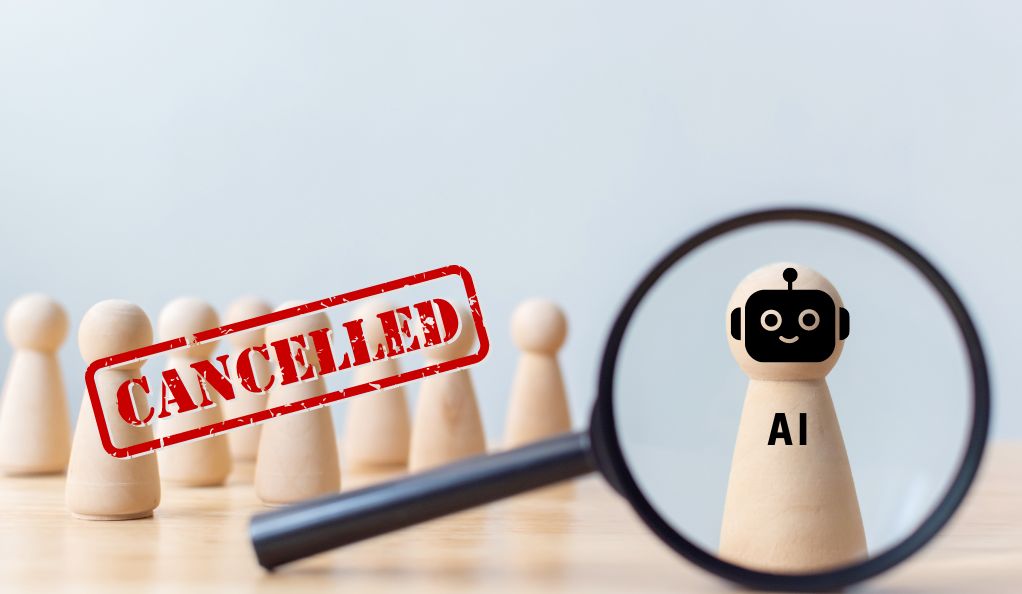How AI is Reshaping Jobs: The New Era of Workforce Evolution
In an era marked by technological revolutions, the technology sector is undergoing a significant transformation. Major corporations are increasingly focusing on artificial intelligence (AI), leading to a wave of job restructuring and layoffs. This shift, highlighted by the strategic moves of companies such as SAP, Google, and Microsoft, underscores a fundamental change in the industry’s approach to innovation and workforce management.
Tradedoubler, Site ID 3429622
SAP’s Bold Move into AI

SAP, the German software giant, recently announced a substantial investment of over $2 billion in AI. This move is part of a larger “transformation program” aimed at integrating AI into its core business operations. However, this ambitious shift towards AI is not without its consequences.
The company is restructuring 8,000 roles, a decision that will result in both layoffs and retraining of employees. SAP’s initiative is a reflection of a broader trend in the tech industry, where the integration of AI is reshaping traditional job structures and employment models.
Google and Microsoft: Adjusting to the AI Era
The impact of AI is not confined to SAP. Alphabet-owned Google has also reduced its workforce, particularly in the ad sales team, as it redirects its focus towards AI technologies. Although these layoffs were not directly attributed to AI, they occurred amidst the company’s growing investment in this area.
Similarly, Microsoft has demonstrated a strong commitment to AI, investing billions in ChatGPT maker OpenAI. This investment aligns with a strategic shift in the company’s priorities towards AI-driven projects, but it has also led to job cuts, indicating a significant realignment of company resources.

The AI Impact: A Complex Scenario
The growing shift towards AI in the tech industry brings to the fore critical questions about the future of work and employment. While some experts argue that AI will replace certain job functions, necessitating layoffs, others view these changes as part of a larger trend of resource reallocation within companies. This trend is influenced by various factors, including the rapid evolution of business needs, economic conditions, the aftermath of the pandemic, and fluctuating interest rates.
The Debate: AI as a Job Creator or Destroyer?
Companies like Duolingo have acknowledged workforce reductions, some of which are attributed to advancements in AI. This has intensified the debate over whether AI is replacing human jobs or creating new opportunities in fast-growing segments of the business world. Columbia University business professor Oded Netzer suggests a more nuanced perspective, where AI is not merely a job replacer but a catalyst for the evolution of business models and employment landscapes.
Looking Ahead: The AI Revolution in the Workplace
As the tech industry navigates these significant changes, the broader implications of AI on the global job market remain a critical area of interest and debate. The current trend of layoffs and job restructuring in the tech industry may serve as an indicator for other sectors. Experts suggest that the impact of AI will be far-reaching, requiring a rethinking of job skills, training programs, and the nature of work itself.
In conclusion, the tech industry’s pivot toward AI marks a critical juncture in the sector’s history. It brings the promise of groundbreaking innovation and efficiency gains, but it also challenges traditional employment models and workforce strategies. Both workers and companies are required to adapt to this rapidly evolving technological landscape, which is set to redefine the future of work in the digital age.


Leave a Reply